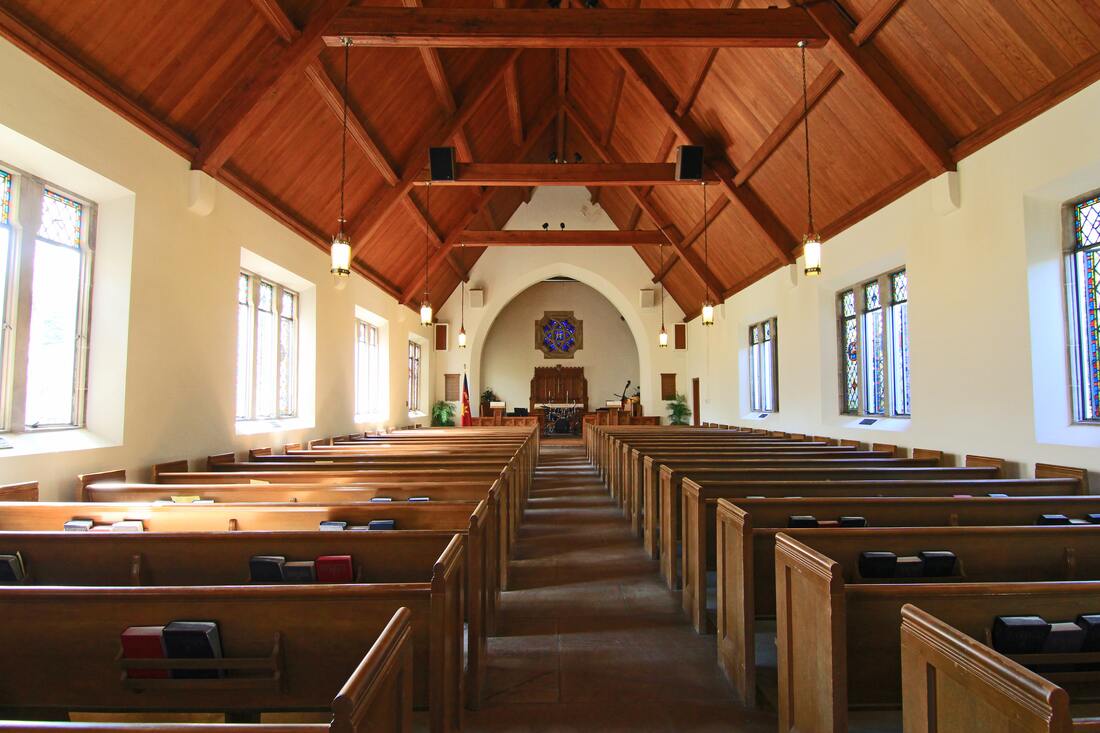Most Nonprofits Will Qualify for Emergency Economic Injury Grants of up to $10,000.A part of the CARE Act allows nonprofits to apply for Economic Injury Disaster Loans and receive Emergency Economic Injury Grants of up to $10,000 in three days. To access the grant, a nonprofit must apply for an SBA Economic Injury Disaster Loan (EIDL) and then request an advance. The advance does not need to be repaid under any circumstance and should be considered a grant. Nonprofits can use the advance (grant) to pay for expenses that it could have paid had the disaster not occurred, including payroll, debts, rents, and mortgage payments. Almost all nonprofits with either (1) an effective ruling letter from the IRS granting a tax exemption under sections 501(c), (d), or (e) of the IRS Code of 1954 or (2) that can provide satisfactory evidence that it is a nonprofit under state law can apply for and received the grant. The only disqualified nonprofits are those that are principally engaged in teaching, instructing, counseling, or indoctrinating religion or religious beliefs or that primarily engage in political or lobbying activities. The nonprofit must also have been in operation since January 31, 2020. The SBA has created a streamlined application for the EIDL, which can be found here: https://covid19relief.sba.gov/#/. To apply for the Emergency Economic Injury Grant, you must check the box on the fourth screen of the application that says, "I would like to be considered for an advance of up to $10,000". The SBA has a goal of providing the advance in three days by direct deposit to your bank. If you have questions about whether your nonprofit qualifies or about the application, contact your legal counsel or the SBA Customer Center at 1-800-877-8339 or [email protected]. About the AuthorStacey Cormican offers Bible-based legal counsel and services to businesses, nonprofits, churches and families. She can be reached at [email protected] or 210-504-8150 Parents may be able to take 12 weeks of paid leave to care for kids home from school and day care.Under the Families First Coronavirus Response Act, parents may be able to take up to 12 weeks of paid leave to care for children whose school or child care provider is closed or unavailable for reasons related to COVID-19.
To qualify to take the full 12 weeks of leave, a parent must work for a business with fewer than 500 employees and have worked there for at least 30 days. Parents who have worked for less than 30 days for their company may still be able to take two weeks of paid leave. Businesses with fewer than 50 employees may not have to give parents leave if giving the paid leave would "jeopardize the viability of the business as a going concern." Paid leave is available from April 1, when the law goes into effect, until the end of the year. A parent can take paid leave only if they cannot work at their regular worksite or telework because they need to care for a child who is home from school or child care. If a parent's employer lets them do their work outside their regular hours, such as early in the morning or late at night, then they can work and won't qualify for paid leave. Employers can require a parent to provide proof that their child's school or child care is closed due to COVID-19. Examples of documentation are closure or unavailability notices from a school, daycare, or babysitter that are posted on a website, published in a newspaper, or emailed to a parent. Parents working both full- and part-time may take leave. Parents working part-time may take leave for the average number of hours each day that they would typically work during a two-week period. Parents working on-site or teleworking may be able to take leave in small chunks instead of all at once if their employer agrees. For example, if an employer agrees, a parent could take leave on Mondays, Wednesdays, and Fridays or from 8:00 to noon each day. Parents taking leave to care for a child home from school or child care will not get paid at their full rate. Instead, a parent on leave will receive the greater of either two-thirds of their regular pay or two-thirds of the federal or their state or local minimum wage. There is also a cap on the total pay parents can receive while on this type of leave. Parents will get no more than $200 per day or $1000 each week they are on leave. Eligible parents who are denied leave should contact a knowledgable attorney or the Department of Labor. Governments must follow certain rules when issuing orders that affect Constitutional rights.
|
AuthorStacey Cormican offers Bible-based legal services to businesses, nonprofits, churches and families. ArchivesCategories |




 RSS Feed
RSS Feed